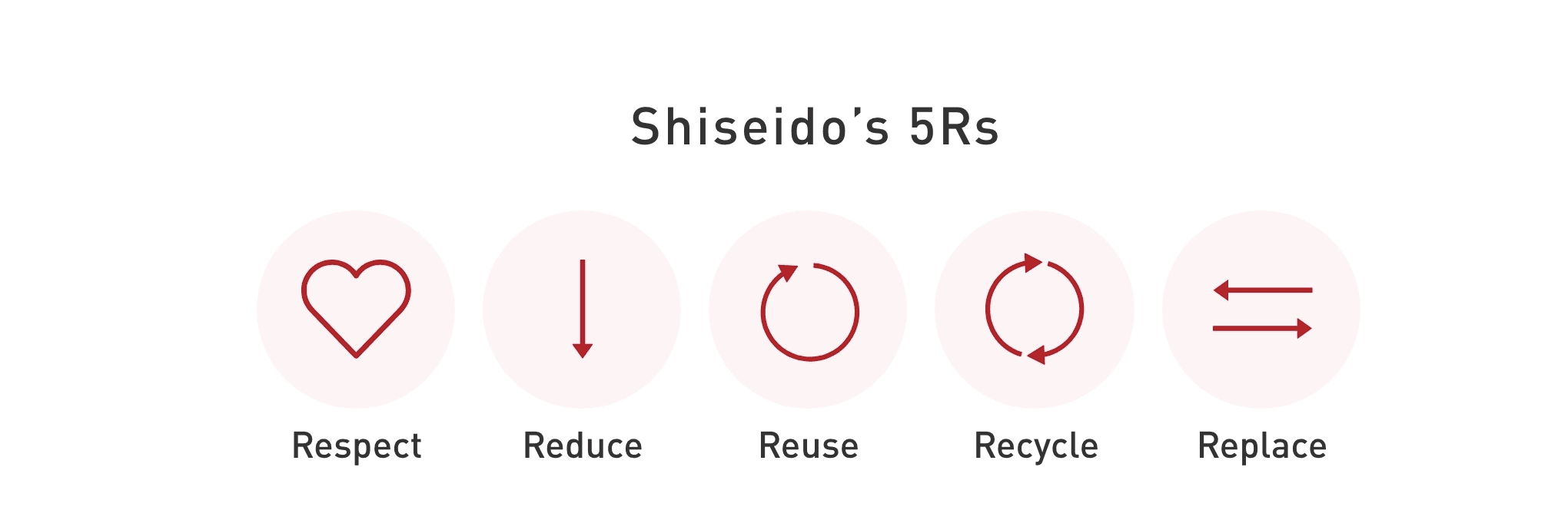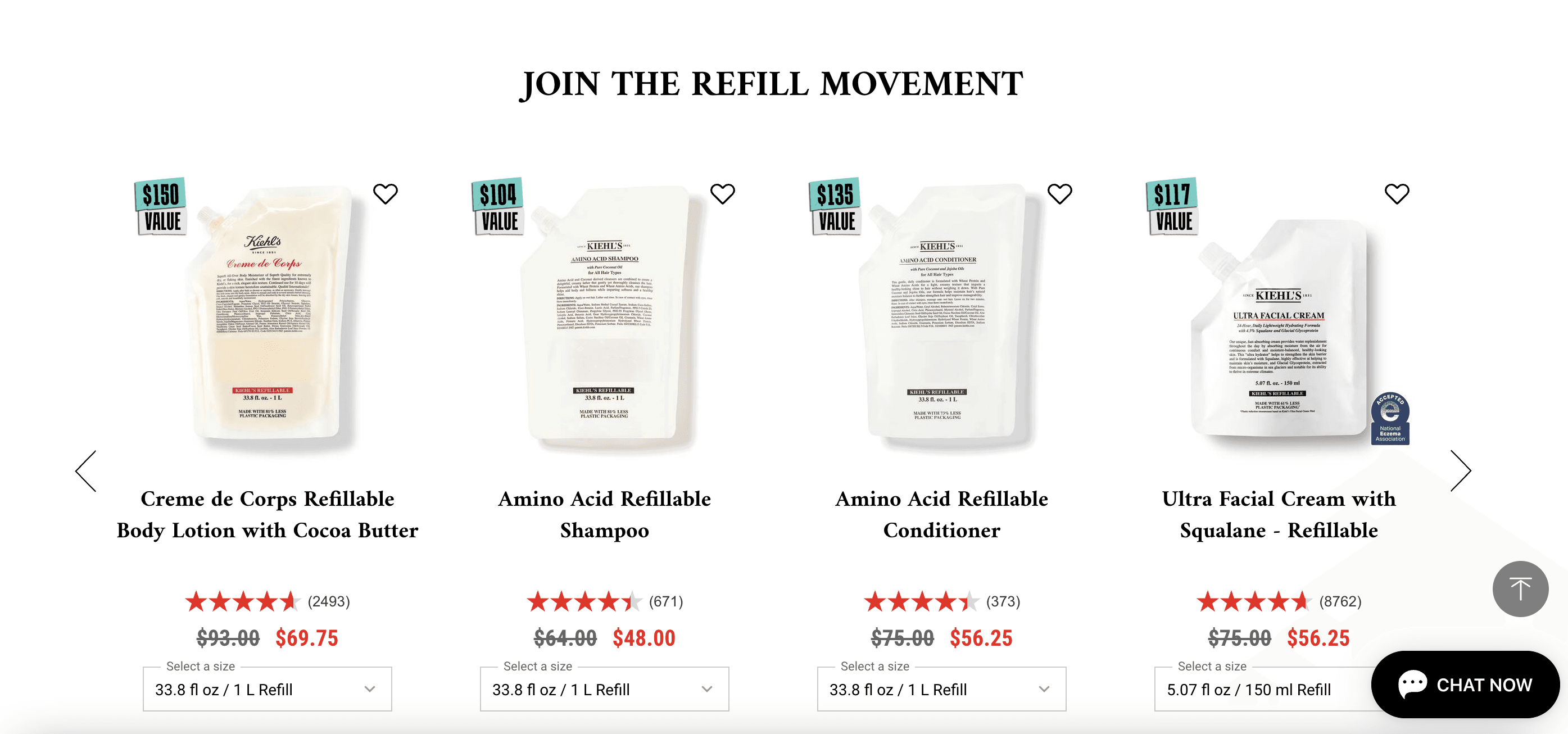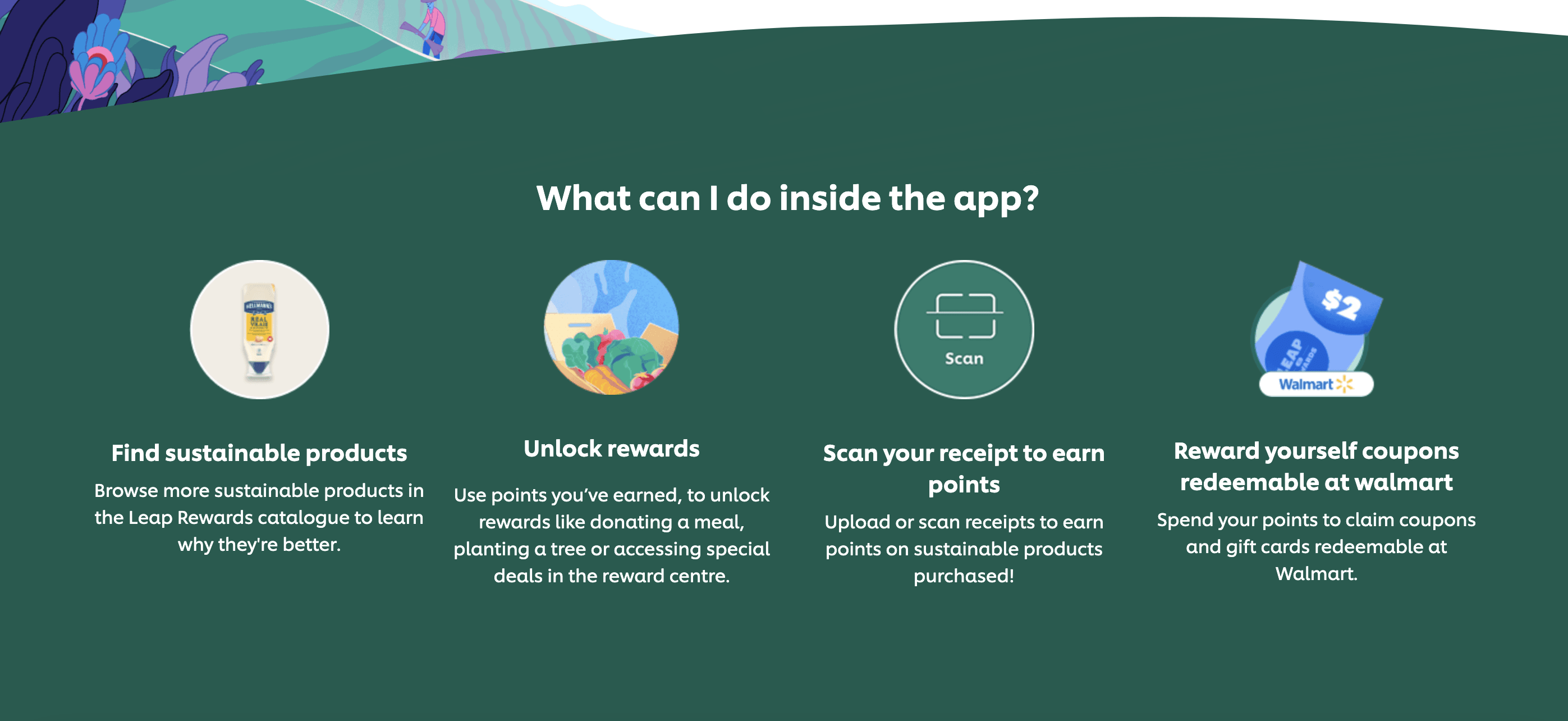Sustainability and how to implement it into company values are the talk of the town, but have you heard of sustainable loyalty? It's about businesses committing to improving the world.
This piece will discuss sustainable loyalty and how it helps businesses. We'll see how companies can do good for the planet while doing well for themselves. From reducing waste to supporting fair practices, sustainable loyalty is all about making positive changes that benefit everyone. Let's explore how businesses can make a difference and thrive simultaneously.
What is Sustainable Loyalty?
A sustainable loyalty program integrates eco-friendly practices into customer rewards. For instance, a clothing retailer could offer loyalty points or discounts when customers recycle old clothes. Collaborating with like-minded businesses, they could provide rewards for purchasing eco-friendly, recycled clothing. Customers can easily track rewards and learn about new sustainability partnerships through a digital program, minimizing paper usage. Additionally, the retailer could share tips on wardrobe repurposing, fostering a sense of shared purpose and reducing textile waste.
Why Do More Brands Turn to Sustainable Loyalty?
Brands implement sustainable loyalty because it aligns with evolving consumer values and preferences. According to The Economist Intelligence Unit, global online searches for sustainable goods have increased by 71% over the last five years.
Customers increasingly prioritize sustainability in purchasing, seeking brands committed to environmental and social responsibility. By integrating sustainable practices into loyalty programs, brands attract environmentally conscious consumers and strengthen loyalty among existing customers.
Additionally, sustainable loyalty initiatives;
- contribute to positive brand perception,
- differentiate brands in competitive markets,
- and can lead to long-term cost savings.
Ultimately, implementing sustainable loyalty is not only ethically responsible but also strategically advantageous for brands looking to thrive in today's market landscape.
3 Practices for Sustainable Loyalty: How Can You Do It?
By Showing Commitment to Sustainability
By openly sharing sustainability efforts, goals, and progress, you encourage a close inspection of your practices and build trust in our commitment to ethical practices.
Transparency extends beyond environmental efforts to encompass business practices, pricing structures, and policies. When customers and stakeholders understand how we operate, they feel empowered to make informed choices and can trust that their values align with ours.
Unsurprisingly, the push for sustainability has largely been fueled by consumers. Retailers like Patagonia and Levi’s, who have been early adopters of sustainable practices, deserve recognition for amplifying conscious consumerism. However, it's primarily the Gen Z demographic that has propelled the sustainability dialogue forward, according to Forbes.
By being upfront about your practices, including sourcing, manufacturing, and distribution methods, you can build a foundation of trust essential for long-term loyalty.
What can you do?
- By involving your customers in initiatives that promote sustainability, you can integrate them into your commitments and goals aligned with sustainability. Many companies publish sustainability reports or undertake corporate social responsibility projects to showcase their efforts.
- You can create reward programs that encourage end users to follow their sustainability goals and provide incentives based on their achievements. This way, you can spread your commitments and engage customers in sustainable practices.
- Ask people what is best! Engaging with customers and stakeholders to gather feedback on improving your stance will show others your true commitment. You can take those, implement the changes, and then inform consumers about it, creating a transparent business process while showing people you listen.
By Encouraging Customers to Buy Sustainable Products
Encouraging customers to buy sustainable products and educating them on how to help the environment with that specific product makes them part of something. Feeling empowered to enact change, customers become more inclined to advocate for and consistently use a particular product they like, especially if it aligns with their values, even when cheaper or superior alternatives exist.
By highlighting the positive impact of sustainable products on the planet and communities, brands can inspire consumers to make more conscious purchasing decisions. Additionally, implementing reward programs that offer incentives, discounts, or rewards for buying sustainable products can further motivate customers to choose these options.
Gen Z and Millenials, futures and maybe today's majority of online consumers and brand advocates, are leaning towards companies implementing sustainable loyalty.
What can you do?
- Implement loyalty programs that offer incentives, discounts, or rewards for purchasing sustainable products. This will also encourage repeat buying behaviour.
- Offer discounts for returning old products and encourage refills to promote sustainability and foster customer loyalty. Present these as a cost-effective way to replenish their supplies while minimizing packaging waste.
- Offer customers the option to choose between home delivery or local pickup for their shipments. Give discounts on local pickups and educate customers on carbon footprint.
- Provide clear information about the environmental and social benefits of sustainable products. Engage customers through educational campaigns and social media to raise awareness and foster a sense of shared purpose.
- Use reusable packaging to reduce packaging waste.
By Using Sustainable Products & Ingredients
Companies demonstrate their commitment to environmental stewardship and ethical sourcing practices by utilising sustainable products and ingredients. According to a 2023 survey on consumer preferences for beauty products worldwide, several key criteria are deemed important in determining the sustainability of such products.
- Consumers in the United States prioritize cruelty-free products, with 45% considering this a crucial characteristic.
- Consumers in the United Kingdom and Germany value products that do not harm the environment, with 39% and 48% respectively citing this as essential.
- In France, locally made products are highly valued, with 31% indicating its importance.
- Italy leans towards 100% natural products, with 51% prioritizing this characteristic.
Before using sustainable ingredients in your products, you should study your geo-market. Look for the untold data! When speaking of sustainability, people often think of organic ingredients, cruelty-free labs, and local small businesses, when in reality, “not harming the environment” should be a top priority.
These findings emphasize the importance of tailoring sustainability initiatives to meet regional preferences and values as companies seek to appeal to environmentally conscious consumers globally.
What can you do?
- Ensure that the ingredients used in your products are sustainably sourced. Look for suppliers prioritising ethical and environmentally friendly practices, such as fair trade and organic certification.
- Provide clear information to consumers about the origin of ingredients, manufacturing practices, and any certifications or accreditations your company holds related to sustainability.
- Educate your customers about the importance of using sustainable ingredients and their positive impact on the environment by putting them in the product information section, website, mobile app, and even your loyalty program.
- Implement loyalty programs that offer incentives or discounts for purchasing products made with sustainable ingredients.
Sustainable Loyalty: How Forward-Thinking Companies Do It?
Over the course of 10 years, sustainability gained a spot in companies' sitemaps, value propositions, meetings and even products. Which companies have implemented and are actively using their loyalty programs? What do they do to show commitment? What do they gain while also giving? Let’s start!
Shiseido
Shiseido is deeply committed to sustainability and environmental responsibility. It implements various initiatives to minimize its environmental footprint and promote sustainable practices throughout its operations. The sustainability web page shows all its goals, such as Shiseido’s aim to obtain 100% sustainable palm oil and paper usage or reduce CO2 emissions, water consumption, and waste generation by 2030.
This beauty giant also offers opportunities for sustainable loyalty through initiatives such as recycling cosmetics containers, rewarding customers with complimentary beauty products, or offering discounts on subsequent purchases for participating in recycling programs. They implement circular packaging and recycling models and use sustainably sourced raw materials. Read more on Shiseido's website, which lists its sustainable and green initiatives.

Kiehl's
Kiehl's prioritizes sustainability by using recycled materials, offering refillable products, and implementing a Recycle & Be Rewarded program where customers receive awards for returning empty containers. They aim to eliminate single-use plastic and use recycled materials in packaging.
Kiehl's also focuses on innovative formulations with naturally derived ingredients and offers environmentally friendly options like solid bar soaps. Customers can track their environmental impact and receive rewards through their loyalty program, fostering loyalty among environmentally conscious consumers.

Anadolu Efes
Anadolu Efes is on a mission to achieve net zero in all its operations by 2030, with 2020 serving as the base year to track progress. Anadolu Efes recognizes that consumers are increasingly seeking purpose-oriented brands that align with their own values. They understand that customers prefer brands that demonstrate transparency, ethical practices, and a commitment to environmental sustainability. With this awareness, Anadolu Efes ensures that these principles are integrated into all aspects of their operations, including their sports club.
Encouraging users to adopt sustainable practices is a key part of their ongoing efforts. Through the Anadolu Efes Fan Club mobile application, fans gain access to exclusive benefits while actively contributing to environmental preservation.
One significant initiative is the transition to digital membership cards, effectively minimizing paper waste. This move not only reduces the club's ecological footprint but also provides eco-friendly incentives for game attendance. Moreover, the mobile app offers a nostalgic touch by allowing fans to view their tickets for every match they attend.

Unilever
Unilever has been known as a sustainability pioneer since its establishment. To combat climate change, it took on the challenge of aiming for net zero emissions by 2039. Then, it recognized nature as its greatest ally and is continuously working to eliminate deforestation from its supply chain, restoring the land and protecting oceans while doing so.
Recently, Unilever Canada launched Leap Rewards, a sustainability-driven loyalty program that offers shoppers points for purchasing environmentally conscious brands like Dove and Axe. Points can be redeemed for coupons or used to support initiatives like meal donations or tree planting. Unilever's commitment to sustainability drives business growth, cost-effectiveness, and improved supply chain efficiency, mitigating eco-risks like climate change.

Final Words
Implementing sustainability into loyalty programs is a strategic move towards positive change. Companies like Shiseido, Kiehl's, and Unilever have demonstrated the power of sustainable loyalty in driving business growth while making a meaningful impact on the planet.
With sustainability, businesses can thrive while contributing to a better world for future generations. For a sustainable company and loyalty program, companies can start small, gather feedback, and gradually enhance their sustainability initiatives.
Companies who are looking to implement sustainable practices and initiatives in their loyalty programs can achieve great benefits. Contact Kaizen's team of experts today to launch your sustainability journey, one step at a time.



